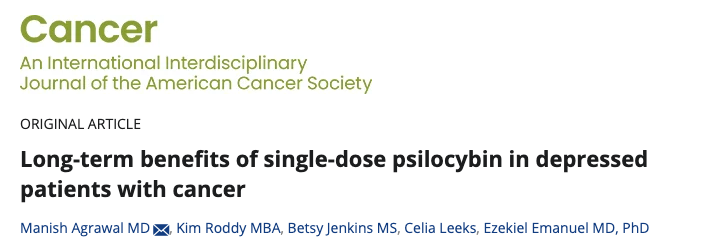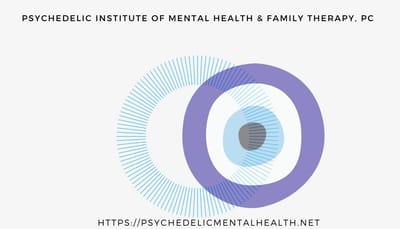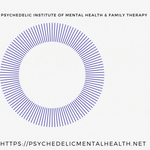Moderating factors in psilocybin-assisted treatment affecting mood and personality: A naturalistic, open-label investigation (Irrmischer, et al, 2025)
"Findings indicate that individual psilocybin-assisted therapy has the potential for beneficial effects on mood and personality characteristics. Moreover, the study highlights the importance of subjective experiences and demographic factors in moderating this effect."
Intravenous ketamine versus esketamine for depression: a systematic review and meta-analysis (Elmosalamy, et al, 2025)
"Based on the currently available comparative evidence, which is almost entirely observational, IV ketamine and IN esketamine show comparable acute response and remission rates, though IV ketamine may act faster."
The Role of Psychedelics in the Treatment of Substance Use Disorders: An Overview of Systematic Reviews (Correa de Costa, et al, 2025)
"...evidence suggests that the use of serotonergic and non-serotonergic psychedelics (ketamine) for the treatment of SUD may provide advantages over traditional therapeutics, and these compounds may eventually become part of the next generation of treatments for SUD under specific circumstances."
Spotlight: Personality profiles and trauma history in ketamine therapy for mood and anxiety disorders: A latent profile analysis of short-term outcomes (Gregoire, et al, 2025)
"Personality traits relate to baseline mental health severity but not short-term response to ketamine. Trauma history may predict greater benefit from treatment."
Spotlight: Changing your mind: neuroplastic mechanisms underlying the therapeutic effect of psychedelics in depression, PTSD, and addiction (Palhas, et al, 2025)
"Serotonergic psychedelics & ketamine appear to share common cellular mechanisms. They both recruit glutamatergic neurons to stimulate BDNF-trKB signaling, promoting synaptogenesis via the mTOR pathway. These changes may explain their efficacy in depression, anxiety, PTSD, & addiction."
Spotlight: Modulation of functional network co-activation pattern dynamics following ketamine treatment in major depression (Taraku, et al, 2025)
"findings suggest ketamine modulates brain network dynamics which may normalize dynamic patterns seen in TRD at baseline toward patterns seen in controls. Changes in Salience Network state dynamics may correspond to improvements in ruminative symptoms following ketamine therapy."


